Certificate of Proficiency in Community Change Studies (Laney College)

学历文凭
Advanced Certificate

专业院系
种族,文化和性别研究

开学时间

课程时长

课程学费

国际学生入学条件
Please submit the highest level for each item translated in English.
Diploma(s)
Proof of completion of High School/Secondary
Proof of completion of College/University
Transcript(s)
Complete High School/Secondary transcripts
Complete College/University Official Transcripts
A score of 61 TOEFL ibt, or 6 on the IELTS test typically
IDP—雅思考试联合主办方

雅思考试总分
6.0
了解更多
- 雅思总分:6
- 托福网考总分:61
- 托福笔试总分:160
- 其他语言考试:NA
CRICOS代码:
申请截止日期:请 与IDP联系 以获取详细信息。
课程简介
The Community Change Studies program combines academic course work and experiential learning to prepare students for careers in community development and related efforts to impact the quality of life in low-income communities and communities of color. The program is designed to equip students with the foundational knowledge and practical skills they will need to take on increasing levels of responsibility in careers in community organizing, development, and other efforts to involve residents, parents, youth and other stakeholders as leaders and practitioners in improving education, public health, housing, jobs creation and other conditions in their communities. Students will engage in academic classroom work with a community engagement component as well as 120 hours of on-site learning (paid internship) at a local community organizing or community development organization.<br>Program Learning Outcomes<br>Describe the history of different types of organized efforts to bring about people-driven social change: social movements, community organizing, electoral work, identity organizing, issue organizing and/or constituency-driven policy work.<br>Execute key values and concepts of community change work, such as developing participatory, democratic organizations, enhancing human dignity and justice, and developing people's civic participation and voice.<br>Apply critical thinking, strategy development and reflective practice to better access, evaluate, and interpret ideas, to communicate effectively, reach informed conclusions, and solve problems as a responsible global citizen in public service, community leadership, or community development.<br>Analyze how community organizing and development approaches may differ by culture and tradition, how race, ethnicity, class, gender and other factors influence organizing, the use of cultural expression in organizing, and strategies for working within a single culture and multiculturally. Less<br>Describe the community, where they are working and its broader context, including the political/economic/social trends, structures and actors that affect the community and its regional, state, national and global contexts.<br>Appraise their own social identity and how social class, race, ethnicity, gender, bias, power and privilege play out in their contexts and for the community residents with whom they are working.
相关申请

预科

奖学金

实习机会

在校学习

跨境学习

校园授课-线上开始

在线/远程学习
关于佩拉尔塔社区学院区

佩拉尔塔社区学院区(PCCD)在美国加州拥有四个学院。伯克利城市学院、阿拉米达学院、莱尼学院和梅里特学院,各学院都为就读学生提供大量不同课程。PCCD提供的社区学院课程可转至哈佛、加州大学、洛杉矶和加州大学伯克利分校等四年制学位课程。同时也提供80多门不同的职业与技术教育课程,为寻求直接进入职场的学生提供专业培训与直接支持。四个学院有3万多名来自世界90多个不同国家的学生就读。每学期学院都举办各种趣味学生活动,包括前往世界知名的约塞米蒂国家公园露营之旅、国际欢迎晚宴等众多活动。这些活动为学生提供了融入学院、结交新友并让加州成为家外之家的极好机会。PCCD因其可为大量不同学生群体提供卓越、实践式教育而倍感自豪。学院的学费低于传统美国大学,同时为60%的学生提供经济资助。学院有学生身心健康委员会、精神卫生支持及危机支持服务等大量健康服务。PCCD也帮助学生寻找住宿、提供签证培训以及咨询服务支持。
本校相关课程
美国手语艺术副学士(伯克利城市学院)

学历文凭
Associate Degree
下一个开始日期
课程费用总额
Associate in Arts for Transfer in Anthropology (Berkeley City College)
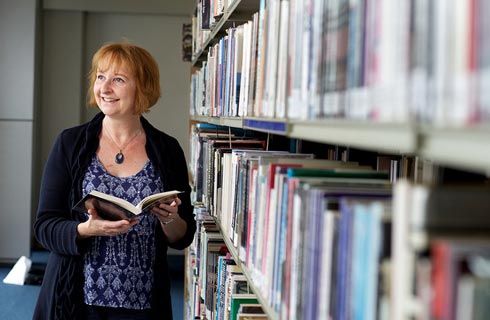
学历文凭
Associate Degree
下一个开始日期
课程费用总额
艺术艺术学士学位(伯克利学院)

学历文凭
Associate Degree
下一个开始日期
课程费用总额
艺术史学士学位(伯克利城市学院)
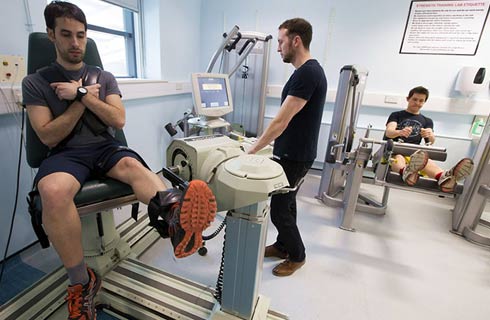
学历文凭
Associate Degree
下一个开始日期
课程费用总额
艺术成绩证书:人物研究(伯克利城市学院)
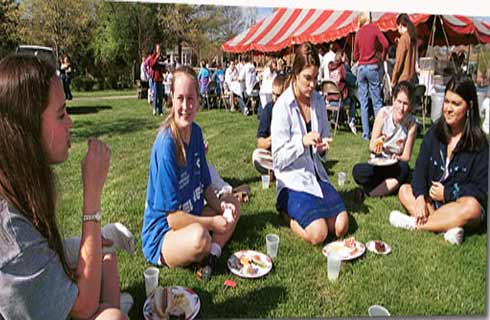
学历文凭
Advanced Certificate
下一个开始日期
课程费用总额
公共艺术成绩证书(伯克利城市学院)
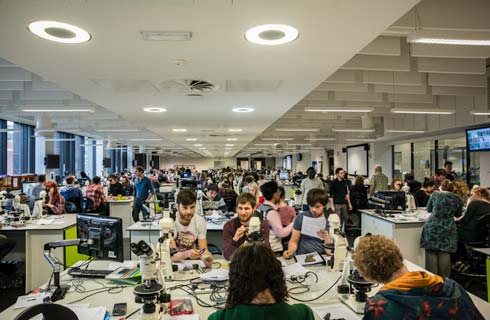
学历文凭
Advanced Certificate
下一个开始日期
课程费用总额
其他相关课程
民族研究文学学士学位

夏威夷大学马诺阿分校
泰晤士高等教育世界大学排名:
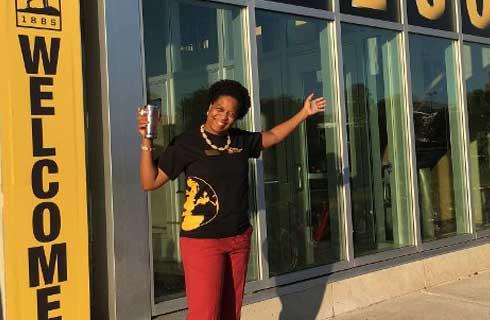
学历文凭
Bachelor Degree
下一个开始日期
课程费用总额
妇女和性别研究文学硕士(非洲研究)

卡尔顿大学
泰晤士高等教育世界大学排名:511

学历文凭
Masters Degree
下一个开始日期
课程费用总额
Bachelor of Arts in Race and Resistance Studies

旧金山州立大学
泰晤士高等教育世界大学排名:

学历文凭
Bachelor Degree
下一个开始日期
课程费用总额
Bachelor of Arts in American Studies

德克萨斯大学达拉斯分校
泰晤士高等教育世界大学排名:

学历文凭
Bachelor Degree
下一个开始日期
课程费用总额
Bachelor / Master of Arts in Modern Culture and Media

布朗大学
泰晤士高等教育世界大学排名:65

学历文凭
Combined Baccalaureate and Master's Prog
下一个开始日期
课程费用总额
Bachelor of Arts in Human Development - Women's Development

加州州立大学东湾分校
泰晤士高等教育世界大学排名:
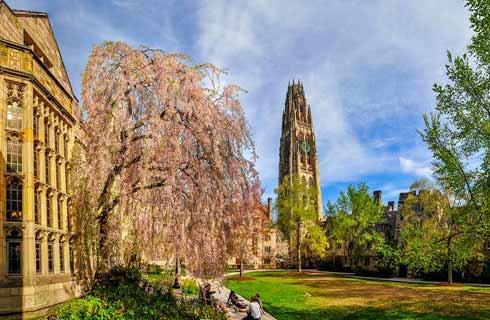
学历文凭
Bachelor Degree
下一个开始日期
课程费用总额



